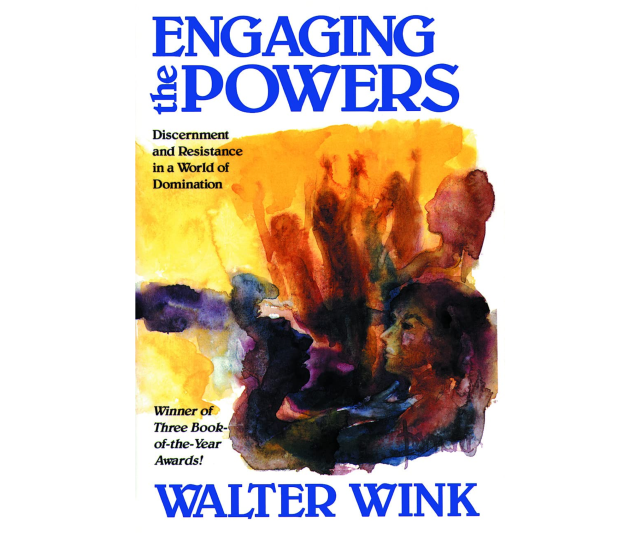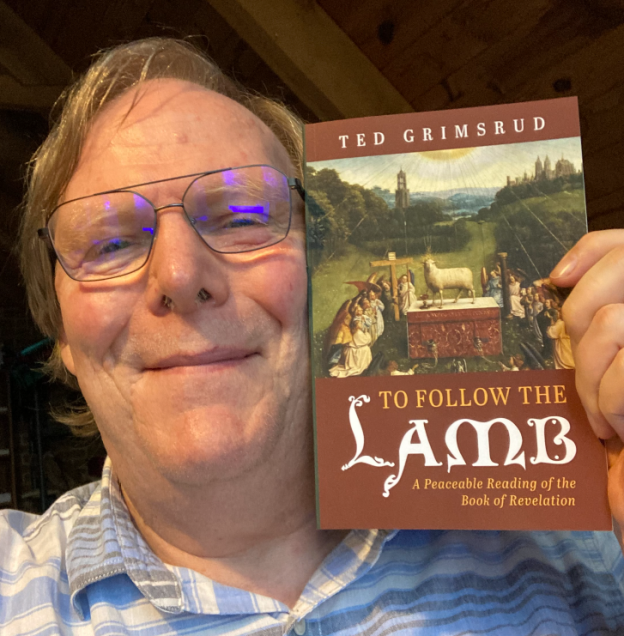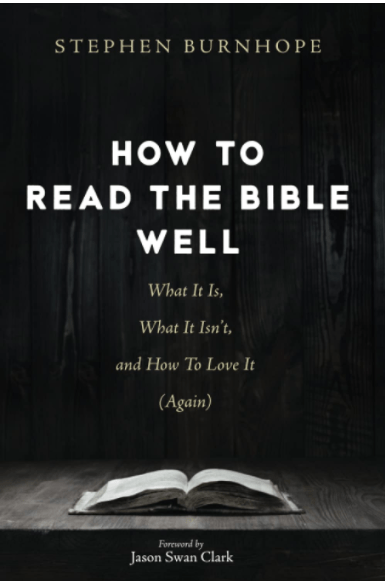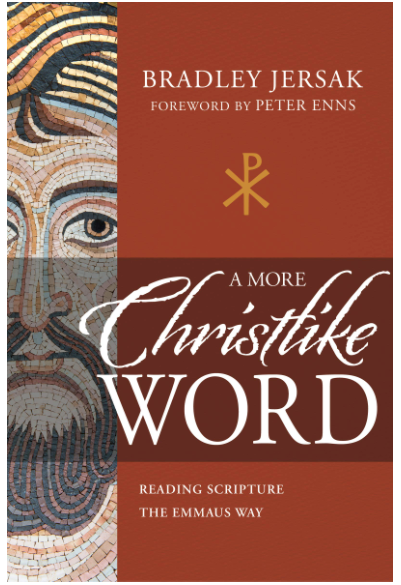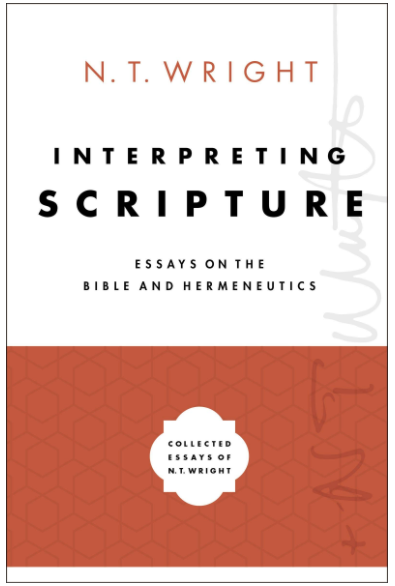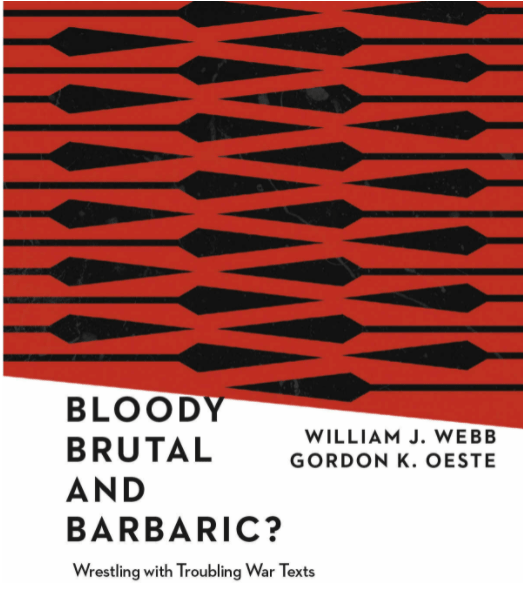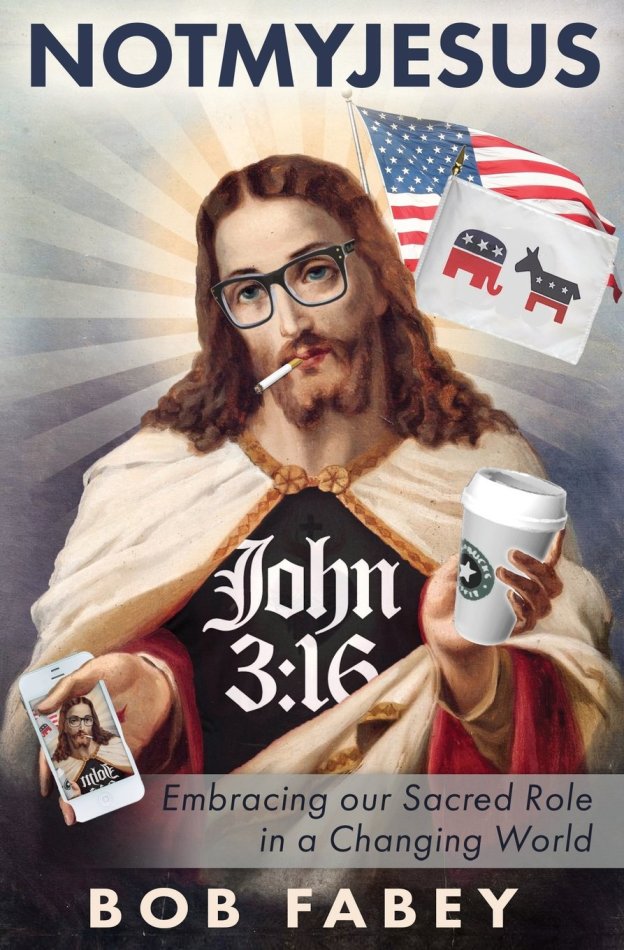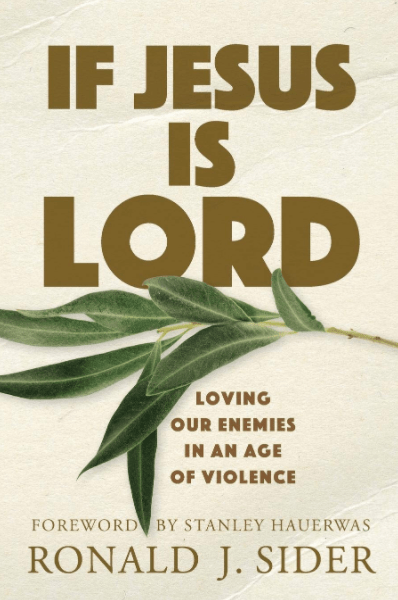Ted Grimsrud—VMRC Voices of Peace Symposium—1/30/26
(1) The meaning of pacifism and its biblical origins
I first met Mennonites about 50 years ago due to what they called “the peace position.” By that they meant a commitment to love, a commitment to care for all others, a belief in the preciousness of life—under all conditions. This commitment meant, among other things, an opposition to war in all its forms. Kathleen and I were looking for Christians like that.
I like “pacifism” as shorthand for all these commitments. “Pacifism” is to me an approach to life and to faith with love always at the center. I soon learned as I started to hang around with Mennonites that the term “pacifism” was complicated. Other terms (all also complicated) I first learned included “nonresistance,” “defenselessness,” and “the love ethic.” Terms I learned later include “nonviolence” and “peacebuilding.” The simple point I would like to make here is that I don’t think the specific term we use is what matters. What matters is the content: the commitment to love under all conditions. That is what I will talk about here when I say “pacifism.”
When I talk about pacifism, I start with the Bible. Perhaps surprisingly, though, I start with the Old Testament. At the beginning of the book of Exodus, the children of Israel are a chaotic mess. They have little memory of their identity, enslaved in Egypt, ceaselessly ground down in a violent world of top-down power. All that seems to matter is the wealth and power of the people at the top. The enslaved Hebrews, in their trauma and despair, cry out to the heavens. And they are heard. The God of Abraham, as if awoken from slumber, hears the people’s cries. God remembers the promises made of old that these would be a people who would bless all the families of the earth. God finally intervenes and sends the people a prophet, Moses, who brings together the Hebrew community. God gets them out of Egypt and gives them the law (“Torah”), a blueprint for healthy, just, humane living. We could call this a counter-empire vision.

